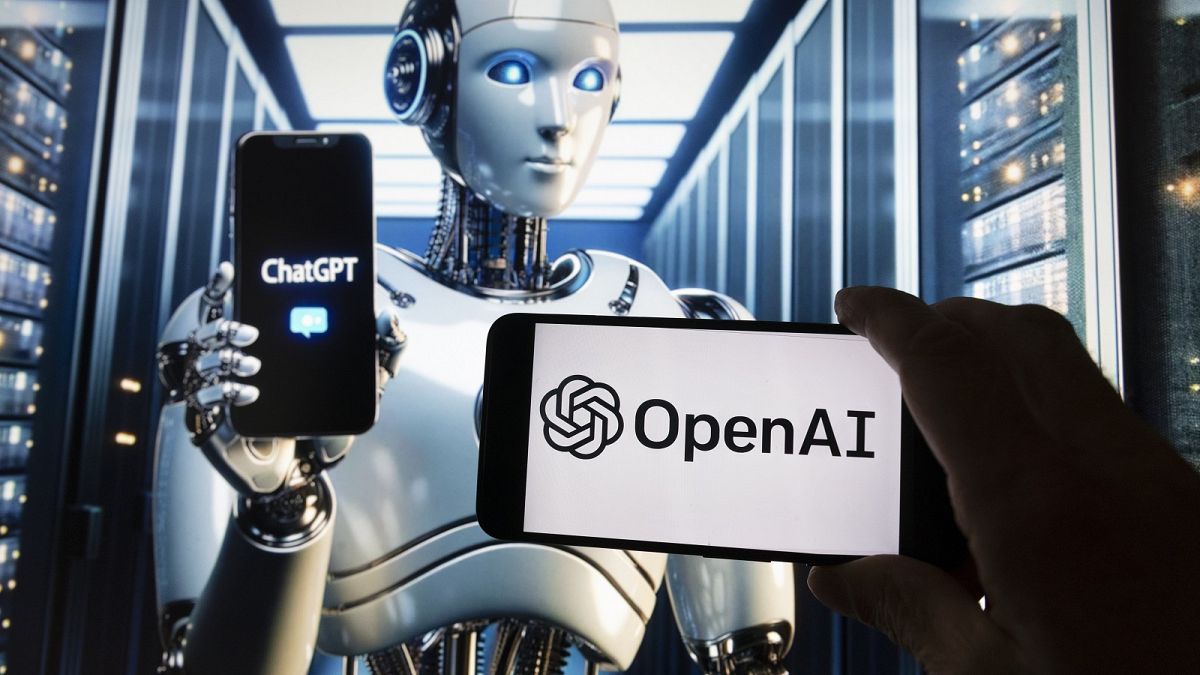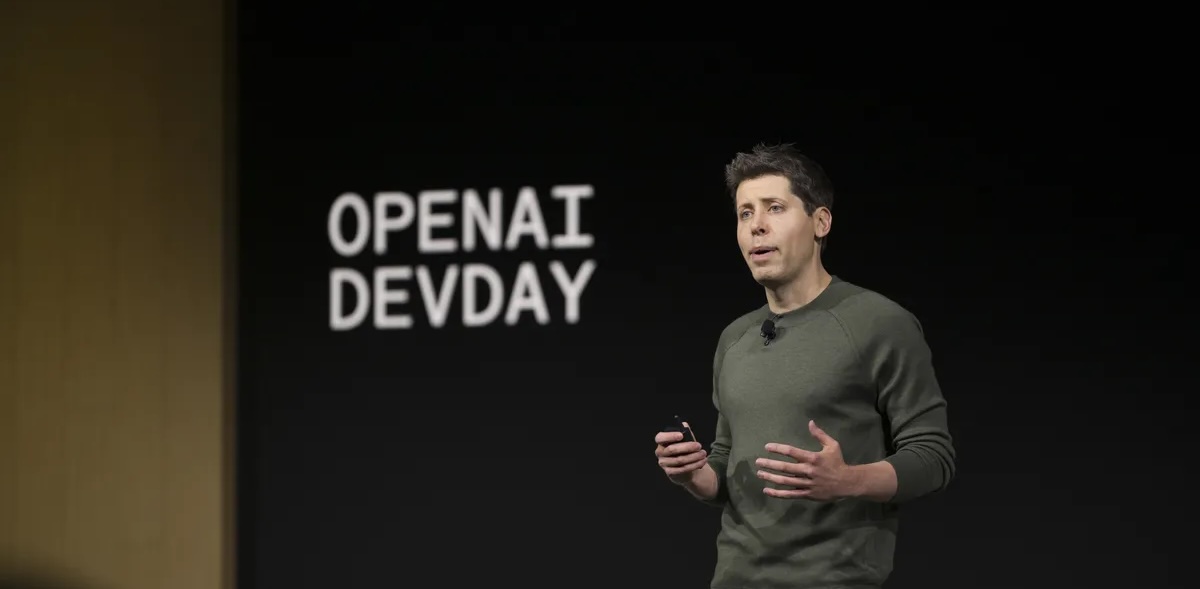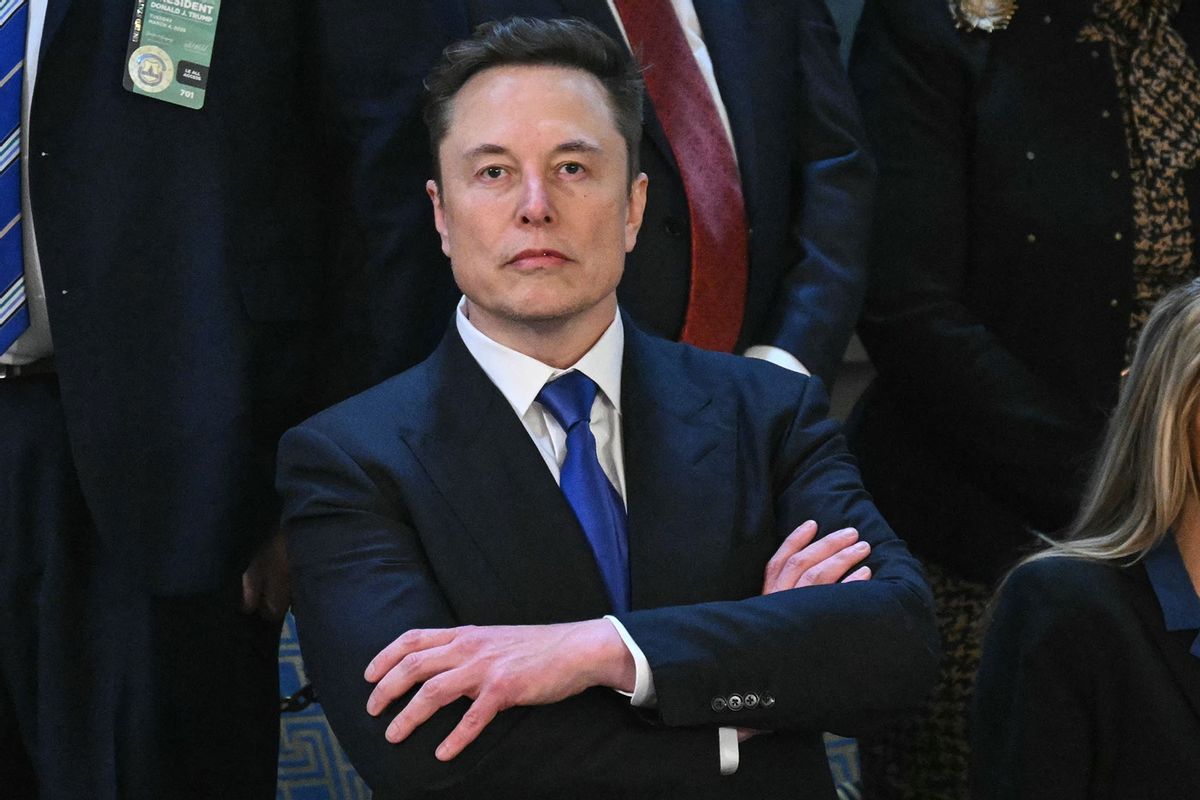
In a development that could reshape the battle for dominance in artificial intelligence, OpenAI has raised serious questions about whether Elon Musk is secretly influencing legislative and lobbying efforts aimed at obstructing the company’s transformation into a for-profit entity. The center of this growing controversy is a little-known but newly active advocacy group called the Coalition for AI Nonprofit Integrity (CANI), which recently backed a California bill that, in its original form, would have dramatically complicated OpenAI’s corporate restructuring plans.
Though the bill has since been amended, OpenAI suspects that forces aligned with its former co-founder may be operating behind the scenes to derail its future.
The accusations emerged in a letter obtained by POLITICO and written by OpenAI’s attorney Ann O’Leary, who once served as chief of staff to California Governor Gavin Newsom. In the letter, OpenAI explicitly questions whether CANI’s efforts are being coordinated with Elon Musk, the billionaire CEO of Tesla, SpaceX, and xAI — the latter being his direct AI rival to OpenAI.
O’Leary’s letter claims that Musk has already undertaken a “coordinated campaign via bad-faith tactics, including multiple lawsuits,” and suggests that CANI’s public arguments echo the language and themes found in Musk’s ongoing legal efforts to block OpenAI’s corporate shift.

Musk, who was a founding donor and early contributor to OpenAI, famously distanced himself from the company in 2018 amid disagreements over leadership and the organization’s future direction. Since then, the relationship has soured further, culminating in a high-profile lawsuit Musk filed earlier in 2024 alleging OpenAI violated its nonprofit charter by pursuing a for-profit trajectory that, in his view, betrayed its original mission to develop AGI (artificial general intelligence) for the benefit of humanity.
In response to OpenAI’s latest insinuations, CANI spokesperson Becky Warren denied any financial connection to Musk. In an email to POLITICO, Warren stated that “the coalition is not funded by Elon Musk,” and described CANI as a “grassroots” group with supporters such as Larry Lessig, the Harvard law professor and former presidential candidate, and the family of late OpenAI engineer Suchir Balaji.
Balaji, who died under contested circumstances last year, has become a flashpoint in the broader AI ethics debate. Musk has previously questioned whether Balaji’s death was a suicide, despite police conclusions, and the engineer’s family has publicly sought his help in pushing for a deeper investigation.

OpenAI, however, remains unconvinced. The letter from its legal team not only requests a meeting with CANI leadership, including its president Jeffrey Mark Gardner, but also demands transparency regarding the group’s funding sources.
Because CANI was only recently incorporated, its financial backers are not yet publicly listed in tax records. According to state filings, prominent Sacramento law firm Nielsen Merksamer is representing the group, further raising the stakes and profile of what initially appeared to be a minor lobbying entity.
The legislative flashpoint in question was a bill introduced in February 2025 by California Assemblymember Diane Papan. At the time, it threatened to halt or severely delay OpenAI’s ability to restructure its governance model by placing stricter requirements on nonprofit-to-for-profit conversions involving entities with public-benefit missions.
Though Papan dramatically amended the bill in March, citing the need for further study, the mere introduction of such a bill triggered alarm inside OpenAI and among its investors, who see the company’s for-profit pivot as crucial to competing with rivals like Google DeepMind, Anthropic, and Musk’s xAI.

Musk, for his part, has remained silent on OpenAI’s recent allegations and has not responded to multiple emailed requests for comment. While no direct evidence currently links Musk to CANI, the circumstantial overlap between their goals — halting OpenAI’s for-profit shift and emphasizing public benefit — has intensified suspicion.
O’Leary’s letter points out these alignments and says that clarification is necessary to ensure transparency and public accountability.
In defense of its mission, CANI maintains that its concern is with the principle, not the personalities. “This is not a Musk group,” Warren insisted, adding that OpenAI’s allegations are a distraction. She emphasized that the coalition believes any organization founded to develop human-level AI for the common good must stay committed to that goal, regardless of growth pressures or profitability.
She further cited moral support from influential voices in the AI space, including Nobel Prize-winning scientist Geoffrey Hinton, Meta’s chief AI scientist Yann LeCun, and UC Berkeley’s Stuart Russell.

But OpenAI’s internal and external challenges are far from over. In addition to Musk’s lawsuit and the CANI controversy, the company is under increasing regulatory pressure. California Attorney General Rob Bonta has launched a preliminary investigation into the legality and ethics of OpenAI’s restructuring, though he has so far declined to join Musk’s legal actions.
Bonta’s office has confirmed requesting internal documents from the company but has remained tight-lipped about the scope and intent of the inquiry.
The broader opposition to OpenAI’s plan is formidable. More than 30 former OpenAI staffers, including whistleblowers and engineers who contributed to the company’s foundational work, have signed open letters urging state attorneys general in both California and Delaware to block the restructuring.
Several Nobel laureates and civil society organizations have echoed this call, warning that converting OpenAI into a profit-driven company could undermine its commitment to public interest, safety, and research transparency.

Additionally, labor unions and nonprofit watchdog groups have begun lobbying state officials, pointing to OpenAI’s accumulation of resources under a tax-advantaged nonprofit structure. They argue that the company’s AI models, data, and technological infrastructure should not become exclusive assets of a for-profit entity, potentially enriching a small group of investors while deviating from the public-good mission it was founded upon.
CANI’s own website reinforces this argument, stating clearly that “OpenAI’s hundreds of billions in assets must remain in the public trust.” This includes not only its AI models like GPT-4 and Sora but also the research foundation, safety protocols, and scientific breakthroughs developed under its nonprofit wing.
The tension now reflects a deeper divide in Silicon Valley’s AI world — between those who see AGI as a potential public utility, akin to water or electricity, and those who view it as the next great commercial frontier. Musk, who has made his own turn toward profitability with xAI, finds himself paradoxically arguing in favor of nonprofit principles when it comes to OpenAI, a company he once helped create.
As the legal and legislative battles unfold, one thing is clear: the fight over OpenAI’s future is no longer confined to boardrooms or codebases. It has moved into the public arena, drawing in lawmakers, regulators, legacy supporters, whistleblowers, and the industry’s most powerful figures.
Whether Elon Musk is truly orchestrating resistance from the shadows remains unproven. But the perception alone, reinforced by OpenAI’s assertive legal strategy, has ignited a narrative of betrayal, ambition, and strategic revenge that will shape the AI landscape for years to come.
-1749482411-q80.webp)
-1747734794-q80.webp)
-1749481098-q80.webp)
-1749483799-q80.webp)